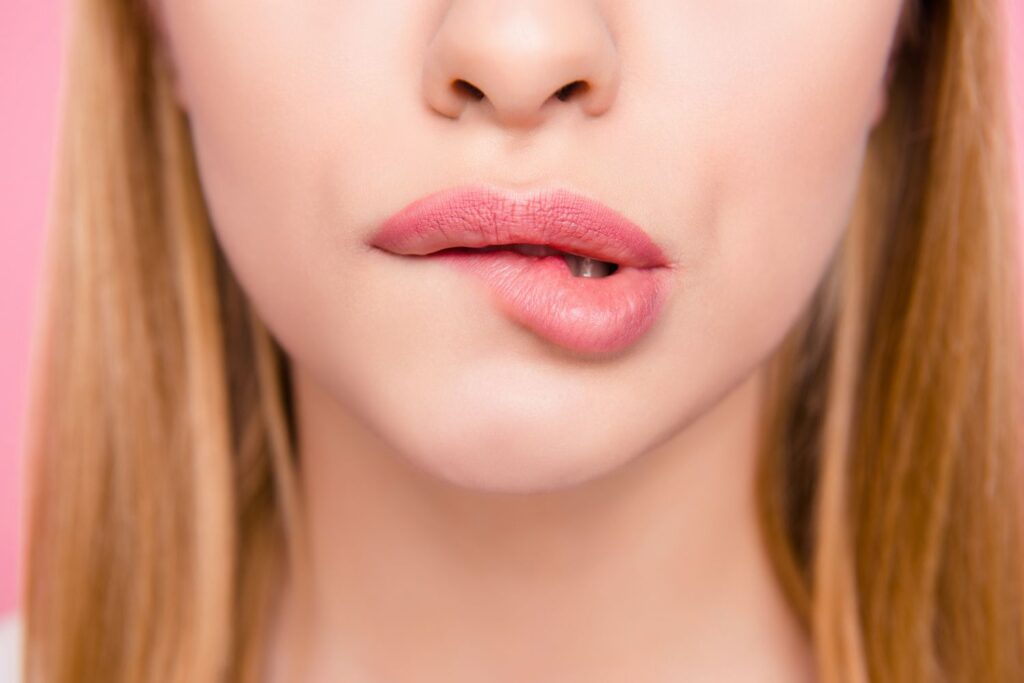Coffee is a popular beverage. Many people start their day with a cup. But coffee can affect your teeth. Let’s explore how in detail.
Staining
Coffee can stain your teeth. The dark color seeps into the enamel. This causes yellow or brown stains. The enamel is the outer layer of your teeth. It is porous, which means it can absorb colors. Over time, regular coffee drinking can lead to noticeable discoloration. To minimize staining, consider these tips.
Drinking through a straw helps. It reduces the amount of coffee that touches your teeth. Rinsing with water after drinking coffee can wash away the residue. Brushing your teeth with a whitening toothpaste can help remove surface stains. Regular dental cleanings can also help maintain the whiteness of your teeth.

Acidity
Coffee is acidic. Acid can erode tooth enamel. Weakened enamel leads to cavities and sensitivity. The pH level of coffee ranges between 4.85 and 5.10. This level of acidity can gradually wear down your enamel. To protect your enamel, follow these tips.
Limiting your coffee intake can reduce the risk of enamel erosion. Using a straw can help direct the coffee past your teeth. Rinsing with water can help neutralize the acids in coffee. Waiting 30 minutes before brushing gives your enamel time to re-harden after exposure to acid.
Bad Breath
Coffee can cause bad breath. It dries out your mouth. Bacteria thrive in a dry mouth. The caffeine in coffee reduces saliva production. Saliva helps wash away food particles and bacteria. When saliva production decreases, bacteria can multiply, causing bad breath. To combat bad breath, consider these strategies.
Drinking water with your coffee can help keep your mouth hydrated. Chewing sugar-free gum can stimulate saliva production. Brushing your teeth and tongue can remove bacteria that cause bad breath. Using mouthwash can kill bacteria and freshen your breath.
Preventive Measures
You can still enjoy coffee. Just take some precautions. By being mindful of your coffee habits, you can protect your teeth. Consider these preventive measures.
Using a straw can help reduce the contact of coffee with your teeth. Rinsing with water can wash away coffee residue. Brushing your teeth with a fluoride toothpaste can help strengthen your enamel. Regular dental check-ups and cleanings can help maintain your oral health. Adding milk to your coffee can reduce its acidity, making it less harmful to your enamel.
Visit Your Dentist
Regular dental check-ups are essential. Dentists can spot issues early. They can clean your teeth professionally. A professional cleaning can remove stains that brushing alone cannot. Your dentist can also provide advice on how to care for your teeth.
Examinations can help detect early signs of decay or gum disease. Removing plaque and tartar can prevent cavities and gum disease. Fluoride treatments can strengthen your enamel. Personalized advice can help you maintain good oral hygiene.
Coffee can affect your teeth. Stains, acidity, and bad breath are common issues. But you can take steps to protect your teeth. Drink through a straw, rinse with water, and brush regularly. Visit your dentist for check-ups. Enjoy your coffee responsibly.
